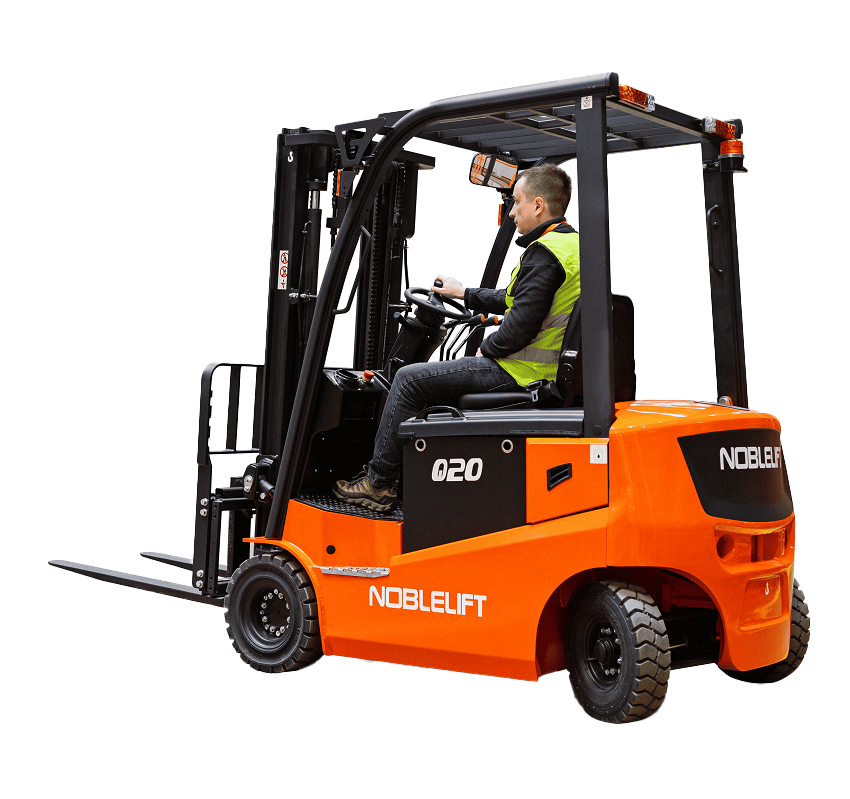Enhancing Forklift Truck Performance for Maximum Efficiency
Forklift trucks are essential in various industries, including warehousing, manufacturing, and construction. Optimizing their performance is crucial for improving productivity, reducing operational costs, and ensuring safety. This article explores strategies and best practices for enhancing forklift truck performance.
Understanding Forklift Truck Performance
Forklift truck performance is influenced by several factors, including the type of forklift, maintenance practices, operator skills, and the work environment. By addressing these factors, businesses can ensure their forklifts operate at peak efficiency.
 ForkLift Trucks.com | China Manufacturer Trade price on Materials Handling Fork-lifts Truck, Stackers, Industrial vehicles, Scrubbers, Transporters Sale Buy Online Industrial Equipment in USA/UK/India/Australia/canada
ForkLift Trucks.com | China Manufacturer Trade price on Materials Handling Fork-lifts Truck, Stackers, Industrial vehicles, Scrubbers, Transporters Sale Buy Online Industrial Equipment in USA/UK/India/Australia/canada
Selecting the Right Forklift for the Task
Choosing the appropriate forklift for specific tasks is the first step in optimizing performance. Different forklift models have unique capabilities, such as lifting capacity, reach, and maneuverability. For example, narrow aisle forklifts are ideal for tight spaces, while rough-terrain forklifts are designed for outdoor use. Matching the forklift to the task prevents inefficiencies and reduces wear and tear.
Implementing Regular Maintenance Practices
Regular maintenance is critical for keeping forklifts in optimal condition. A comprehensive maintenance plan should include routine inspections, lubrication, and component replacements. Properly maintained forklifts run more efficiently, consume less energy, and have a longer lifespan. Additionally, well-maintained forklifts are less likely to break down, reducing downtime and repair costs.
Training and Educating Operators
Well-trained operators are essential for maximizing forklift performance. Training should cover safety procedures, proper handling techniques, and maintenance best practices. Operators should also be educated on the specific capabilities and limitations of the forklifts they use. Investing in ongoing training ensures operators can perform their tasks efficiently and safely.
Leveraging Advanced Fleet Management Solutions
Advanced fleet management solutions can significantly enhance forklift performance. These solutions enable real-time monitoring, analysis, and management of forklift operations. Key features of fleet management systems include:
Telematics and IoT Integration: These technologies provide real-time data on forklift usage, performance, and maintenance needs. This information helps managers make informed decisions about fleet optimization.
Fleet Management Software: This software allows for efficient scheduling, tracking, and reporting of forklift operations. It helps in identifying underutilized or overworked forklifts and optimizing their deployment.
Energy Management: Monitoring and managing energy consumption can lead to significant cost savings. Implementing energy-efficient practices, such as optimizing travel routes and reducing idle time, can improve overall performance.
Optimizing Work Environment and Layout
The work environment and layout play a crucial role in forklift performance. Optimizing the layout of the facility can reduce travel time and increase efficiency. Key considerations include:
Route Optimization: Analyzing the facility layout to identify the most efficient routes for forklifts can minimize travel time and congestion.
Traffic Management: Implementing traffic control measures, such as designated forklift lanes and clear signage, can enhance safety and efficiency.
Load Management: Properly managing loads, including weight distribution and stacking techniques, ensures forklifts operate within their capacity and reduces the risk of accidents.
Benefits of Optimized Forklift Performance
Optimizing forklift performance offers numerous benefits, including:
Increased Productivity: Efficient forklifts complete tasks faster, reducing overall operational time.
Cost Savings: Proper maintenance and energy management reduce repair and fuel costs.
Enhanced Safety: Well-maintained forklifts and trained operators contribute to a safer work environment.
Extended Lifespan: Regular maintenance and proper usage extend the lifespan of forklifts, providing better return on investment.
Conclusion
Optimizing forklift truck performance is essential for maximizing efficiency, reducing costs, and ensuring safety. By selecting the right forklift for the task, implementing regular maintenance, training operators, leveraging advanced fleet management solutions, and optimizing the work environment, businesses can achieve significant improvements in their forklift operations. The key to success lies in a proactive approach to maintenance, data-driven decision-making, and continuous operator education.